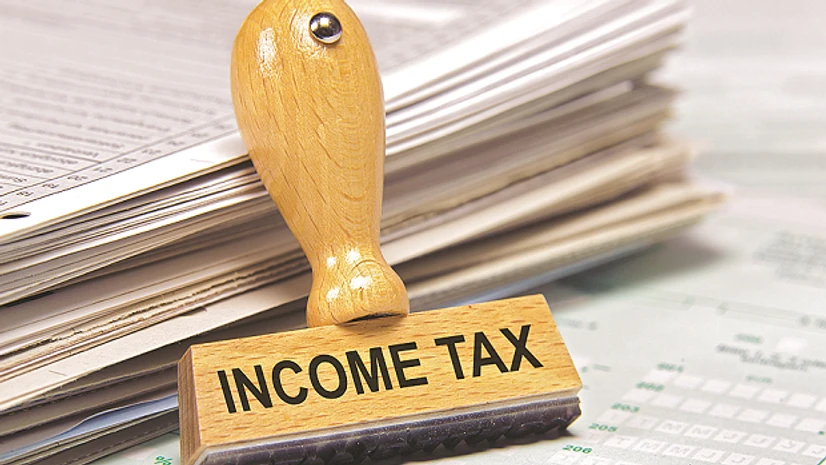As the income tax season approaches, taxpayers should know that the deadline to file their returns for the financial year 2023-24 is July 31st.
What happens if you skip the deadline?
The July 31 deadline is crucial, as it not only ensures compliance with tax laws but also has significant implications for taxpayers’ choice of tax regime. According to the latest regulations, if a taxpayer fails to file their ITR by the deadline, they will automatically be subject to the new tax regime, forfeiting their ability to opt for the old regime.
What is new tax regime
In Budget 2020, a new tax regime was introduced that features lower tax rates compared to the old regime. However, it eliminates most deductions and exemptions, except for those under sections 80CCD (2) and 80JJA (for business income).
More From This Section
This new regime aims to simplify the tax structure and offer reduced tax rates to individuals and Hindu Undivided Families (HUFs), thereby easing compliance and promoting straightforward tax filing. The tax rates are designed to provide relief to individual taxpayers across various income brackets.
What is old tax regime
The Old Tax Regime was introduced way before the new tax regime. Taxpayers can claim various deductions and exemptions under different sections of the Income Tax Act. It has a higher tax rate compared to the new tax regime, but allows taxpayers to claim tax benefits on various investments and expenses.
Deduction under Old tax regime
National Pension System (NPS) under Section 80C, House Rent Allowance (HRA), medical expenses under Section 80D, interest on home loan repayment, leave travel allowances (LTA), education loans (Section 80E), and more.
The old regime has higher tax slabs compared to the new regime, so taxpayers with higher incomes may benefit more from the old regime if they can claim sufficient deductions.
How can you Switch Tax Regime While Filing ITR?
If you want to opt for the old tax regime instead of the default new regime, you must file Form 10IEA before filing your ITR. This form is applicable only for individuals and HUFs with income from business or profession who file ITR-3 or ITR-4.
If you are eligible to file ITR-1 or ITR-2, you can directly select the old regime option in the ITR form itself.

)